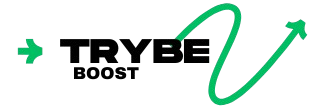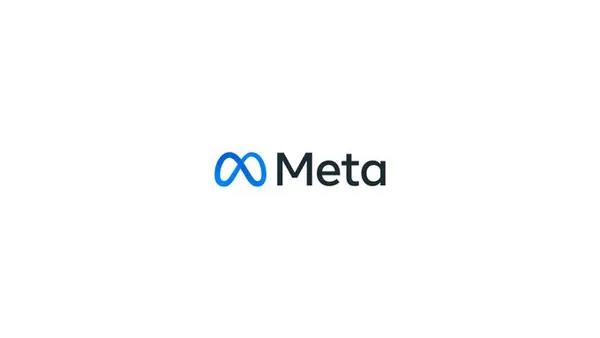Meta has taken another major step to reassure advertisers across its platforms. The company recently regained Media Rating Council (MRC) accreditation for content-level brand safety on Facebook and Instagram, reinforcing that its ad practices align with recognized industry standards.
This development adds another layer of confidence for advertisers seeking trustworthy ad environments on Meta’s platforms. With growing concern around brand safety, these certifications aim to validate Meta’s efforts in ensuring secure, accurate, and brand-friendly ad placements.
Meta Re-Certified by the MRC for Brand Safety Standards
The MRC is known for conducting detailed audits of digital advertising systems. Its objective is to evaluate whether ad platforms maintain quality and reliability in how they measure media exposure. Meta’s re-accreditation means it has successfully passed another round of compliance tests for:
- The Minimum Standards for Media Rating Research
- The Enhanced Content Level Context and Brand Safety Guidelines
- The Invalid Traffic Detection and Filtration Standards Addendum (version 2.0)
- The Ad Verification Guidelines published by the Interactive Advertising Bureau (IAB)
According to the MRC:
“Accreditation indicates that the Measurement Statistics reported for the Service comply with a set of established standards and documented procedures submitted by Meta for review.”
That means the accreditation is based primarily on Meta’s self-reported processes rather than independent audits of its actual real-time enforcement. This distinction is important because while it does provide added trust, it doesn’t guarantee Meta’s systems are flawless in practice.
Still, the accreditation acts as a third-party assurance layer, indicating that Meta’s systems are structured to uphold industry best practices.
Limitations: Misinformation Still Under Review
One important caveat stood out in the latest review:
“Misinformation is excluded from accreditation and remains in process of review as Community Notes applied to this category are being assessed.”
In short, the MRC is not currently accrediting Meta’s handling of misinformation across Facebook, Instagram, or Threads. This is due to the company’s recent shift in content moderation, which allows more speech under the label of “free expression.”
With Community Notes (user-contributed context) still being evaluated for effectiveness, misinformation falls outside the scope of what the MRC is willing to validate at this time. For advertisers especially sensitive to false or misleading content, this exclusion could be a point of concern.
Additional Brand Safety Certifications for Facebook and Instagram
Beyond the MRC, Meta has received additional certifications that bolster its credibility with advertisers.
1. TAG Re-Certification for the Sixth Year
The Trustworthy Accountability Group (TAG) has once again awarded brand safety re-certification to Facebook and Instagram. This marks the sixth consecutive year Meta has received this honor, highlighting consistent compliance with TAG’s stringent ad safety guidelines.
TAG is a global initiative that aims to fight criminal activity and fraud in the digital advertising space. Its endorsement is a strong signal that Meta is staying aligned with verified safety practices year after year.
2. IAS Launches Contextual Brand Safety Reporting for Meta
Another noteworthy update comes from Integral Ad Science (IAS), which has introduced contextual category reporting on Meta’s platforms. This new feature enhances advertiser visibility by providing deep analysis into:
- Video content
- Audio tracks
- Visual imagery
- On-screen text
The feature is part of IAS’s Total Media Quality (TMQ) solution and uses advanced multimedia technology to deliver frame-by-frame content analysis. This enables advertisers to measure brand suitability with high precision.
According to IAS:
“TMQ for Meta provides advertisers with the most accurate and actionable brand safety and suitability measurement. Our multimedia tech delivers unmatched insights into all video elements.”
What This Means for Advertisers on Meta Platforms
These new certifications, while not addressing every concern, send a positive signal to advertisers:
- Meta continues to seek independent validation of its ad safety measures.
- Advertisers now have more tools and reports to assess brand suitability.
- Third-party partners like TAG and IAS are expanding the ecosystem of trust around Meta ads.
However, the exclusion of misinformation from MRC’s accreditation highlights that some risks still exist—especially in fast-moving areas like political or health-related content. Brands that prioritize full-spectrum safety assurances may still want to monitor those developments closely.
Also, a quick note: the MRC’s accreditation for Facebook and Instagram Feeds currently applies only to English and Spanish content. This means that advertisers targeting other languages or regions may not be covered under the same certification.
Conclusion: A Safer, Yet Still Evolving Ad Environment
Meta’s updated ad safety certifications mark another step forward in its quest to provide a secure and transparent ad ecosystem. The re-accreditation from the MRC and continued validation from TAG and IAS add credibility to its efforts, especially in an era where brand safety is more critical than ever.
Still, ongoing developments—particularly around misinformation and content moderation—suggest that Meta’s platforms are a work in progress when it comes to comprehensive ad safety. For brands investing heavily in Facebook and Instagram ads, these updates are reassuring, but not the end of the road.
To stay ahead, advertisers should:
- Regularly review third-party certification updates
- Use IAS and MRC reports for strategic planning
- Be cautious when operating in areas affected by misinformation policies
As Meta evolves its systems, advertisers will need to stay informed and adapt accordingly to maintain brand trust and engagement in a rapidly shifting digital landscape.




